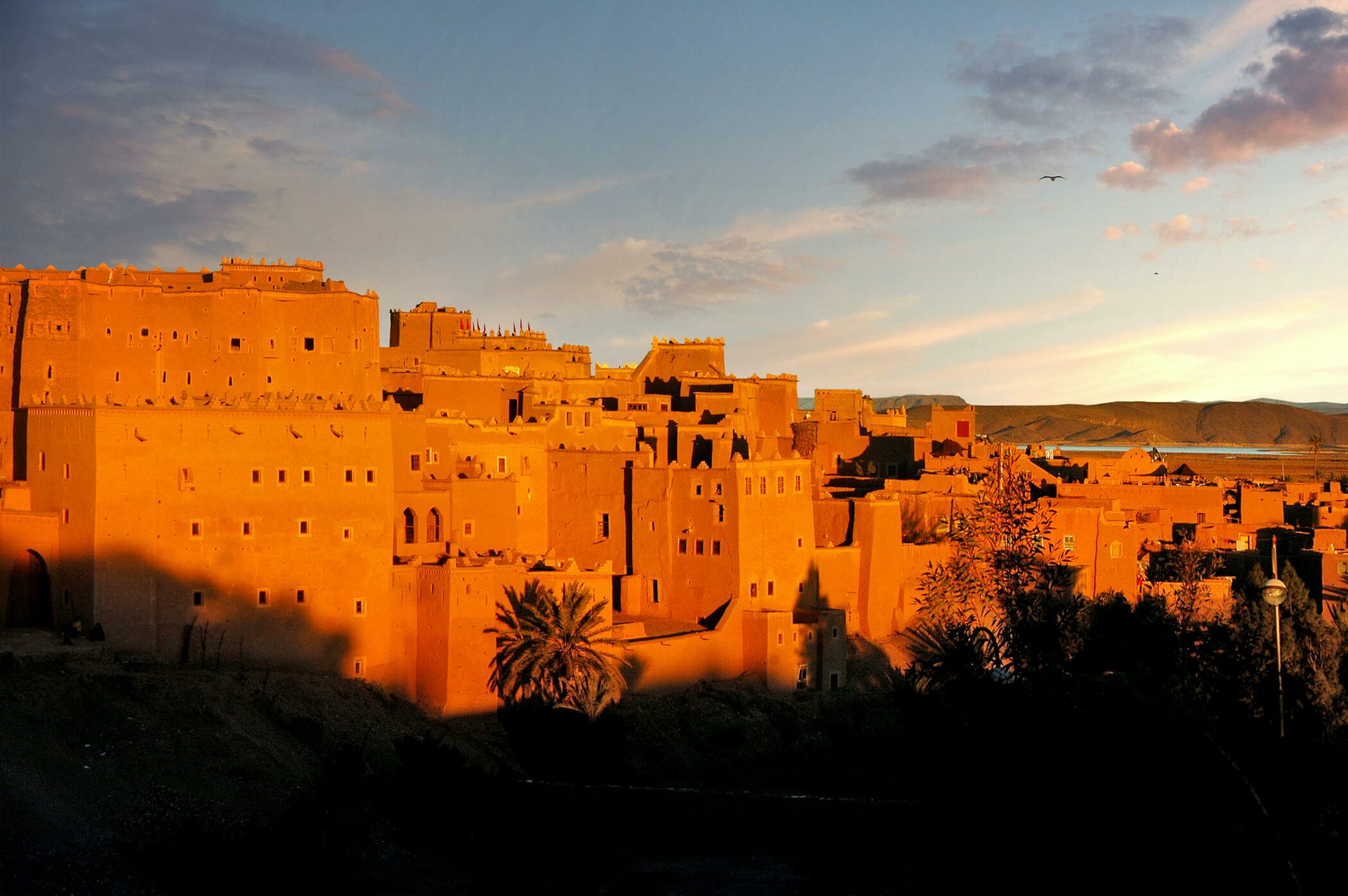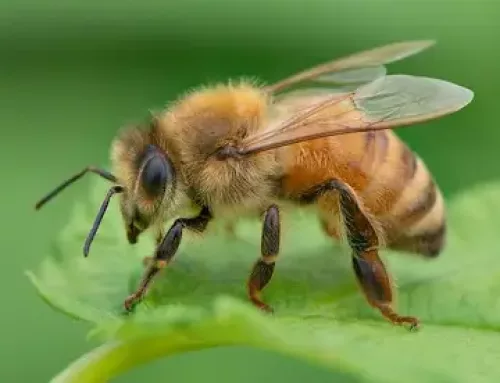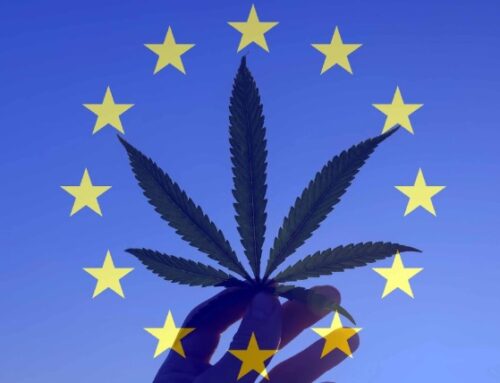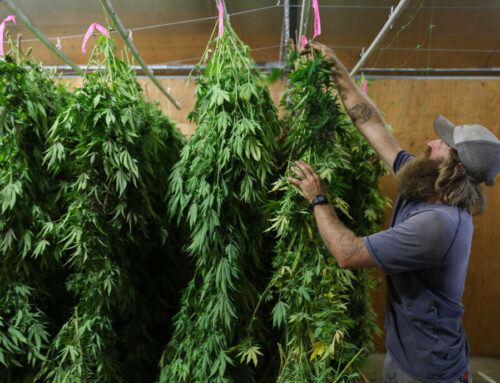Morocco Pardons 5,000 for Illegal Cannabis Cultivation in Push Toward Legal Market
LOS ANGELES- Morocco’s King Mohammed VI has pardoned nearly 5,000 individuals previously convicted or wanted for illegal cannabis cultivation, a move aimed at facilitating the transition to the legal cannabis market. The royal pardon is intended to incentivize farmers in Morocco’s traditional cannabis-growing regions to engage in licensed cultivation, which has been legal for medical and industrial purposes since 2021.
The head of the National Agency for the Regulation of Cannabis Activities (ANRAC), Mohammed El Guerrouj, described the pardons as part of a broader strategy to improve farmers’ livelihoods by encouraging lawful cannabis production. Farmers in Morocco’s Rif region, where cannabis has long been a key economic activity, have faced limited agricultural options due to challenging terrain and poor soil, making the crop a critical source of income.
Despite Morocco’s efforts to regulate the sector, the transition to a fully legal market has been slow. In 2023, the country’s first legal cannabis harvest produced 294 metric tons, but only 225 kilograms were legally exported. These figures stand in stark contrast to the estimated 100,000 tons harvested annually in the Rif mountains, much of which is exported illegally to Europe. The illegal trade generates significant revenues for European drug networks, estimated at between €4 and €10 billion annually.
Morocco’s 2021 law permits legal cultivation in only three provinces—Chefchaouen, Al Hoceima, and Taounat—and requires farmers to be Moroccan citizens and members of local cooperatives. The government estimates that around 60,000 families, or approximately 400,000 people, depend on cannabis farming. While farmers earn an average of €4,000 annually from the crop, income disparities and the dominance of illegal markets have hindered the full integration of traditional growers into the legal framework.
The royal pardons are seen as a step toward bridging this gap, allowing farmers to move away from the illegal trade and into the regulated market. The justice ministry hailed the move as a “noble gesture,” signaling a shift in government policy aimed at supporting rural communities while gradually aligning with international regulations.
As Morocco navigates this transition, it remains the world’s largest producer of psychoactive cannabis, according to the United Nations Office on Drugs and Crime. The country’s new legal framework seeks to balance economic opportunity for local farmers with compliance and control measures to curb illegal exports, although the path forward remains complex and fraught with challenges.



































